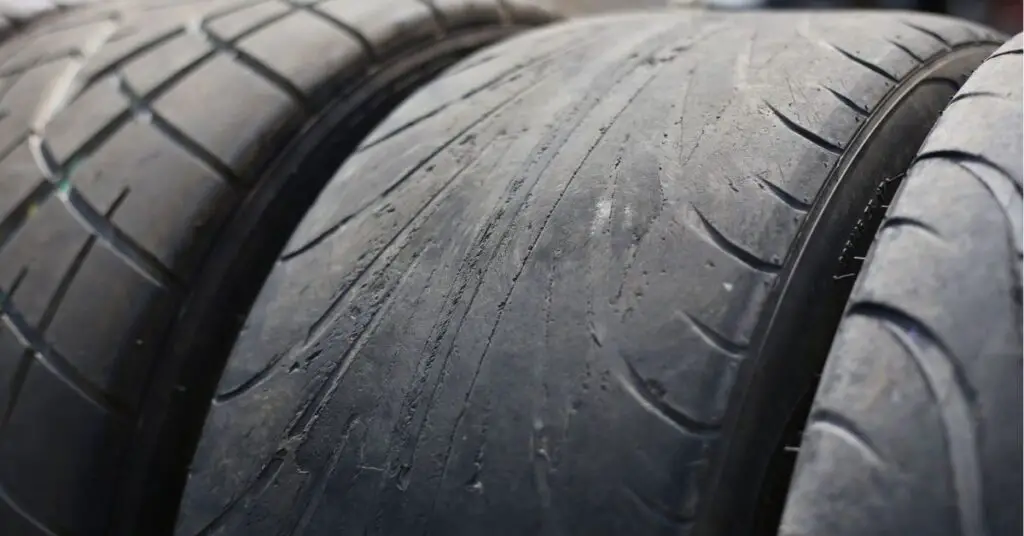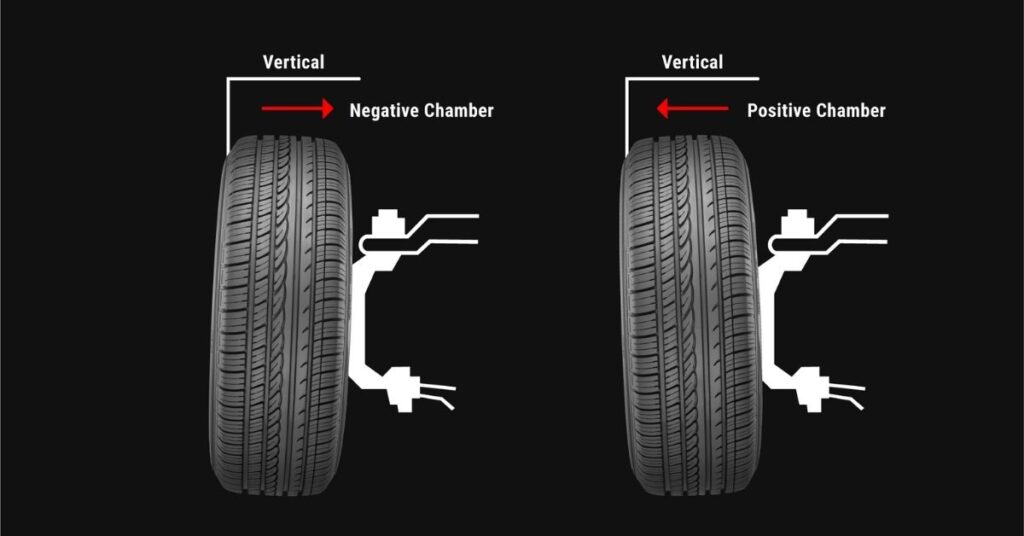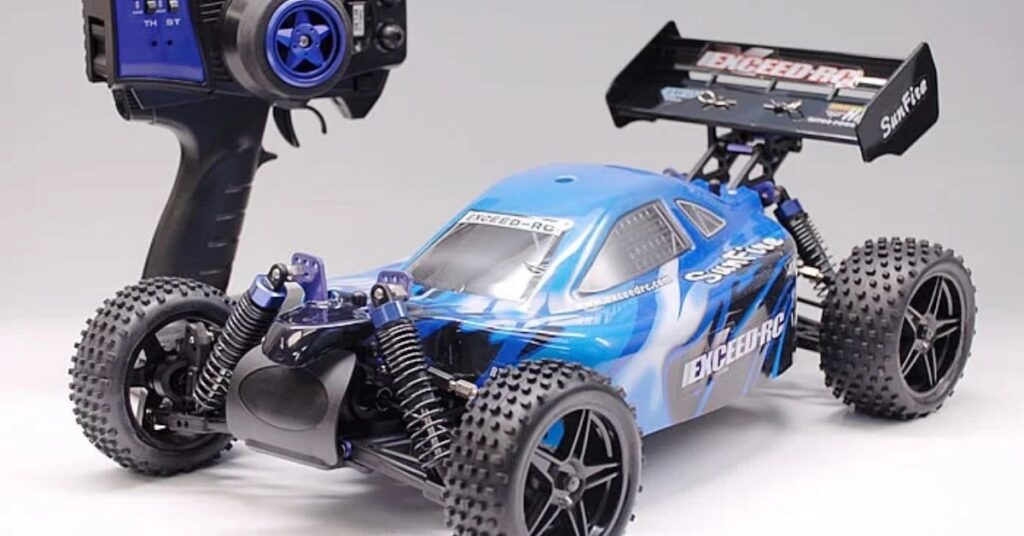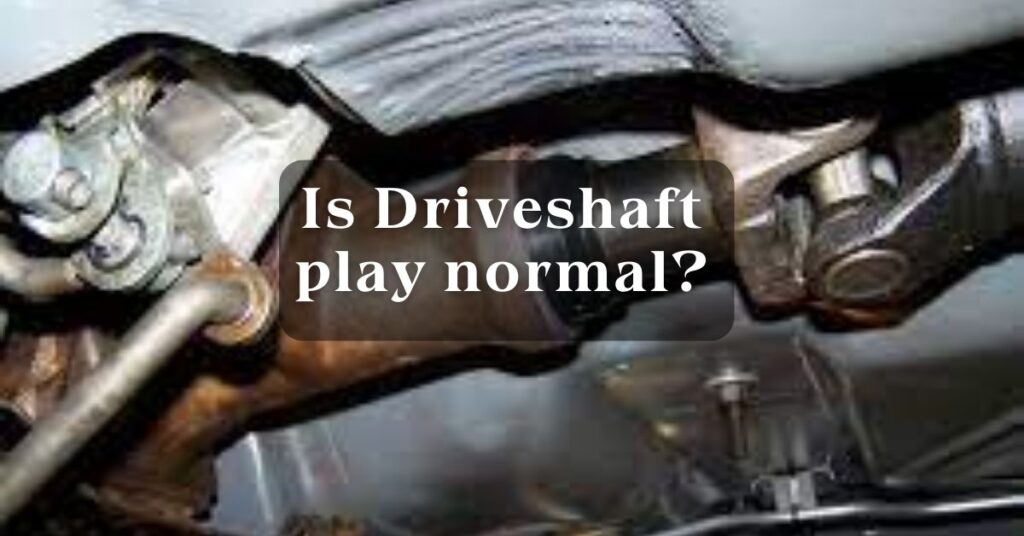RC cars are a ton of fun to run and play around with, but for many RC hobbyists, there is one major problem: the tires wear out quickly. Are you wondering why your RC car tires wear out so quickly? You’re not alone. No matter the cause, short tire life has a number of factors, from the type and compound of your tires to how you ride. We took an in-depth look at common reasons your tires wear quickly and practical tips to preserve your tire’s life for a long time.
Tire Wear Mechanisms — Surface Type
The way you drive your RC car affects how long your tires last, especially based on the surface you run it on. Pavement, asphalt, and concrete are all friction-increasing materials that lead to quicker wear. Off-road tires deteriorate faster if driven on a hard surface, whereas slicks are designed for street racing.
Pro Tip for Longer Tire Life:
Use long-wear RC racing tires made specifically for the type of track you’re on. For example, road tires on pavement and off-road tires for dirt or gravel. Investing in tires designed for specific surfaces will slow down wear and increase performance.

Driving Style: Aggressive Driving Speeds Up Tire Wear
Sharp turns, hard braking, and quick acceleration can take a toll on your RC car’s tires. As you drive faster and more aggressively, the tires wear out faster. If you’re asking, “Why do my racing tires wear out so quickly?” this could be a major reason. Racing compound tires are softer to offer more grip but wear out faster at high speeds.
Also Read: Is A 1.6 Engine Good For First Car?
How to Prevent Tire Wear:
Drive more gently. Avoid heavy acceleration and sudden braking. If you’re racing frequently, you might also consider switching to foam tires. While foam tires offer excellent grip, they wear down quickly. On the flip side, rubber tires last longer but might not have as much grip.
Tire Compound: Soft vs. Hard Tires
How quickly your tires wear depends on the material or compound they’re made from. Soft compound tires offer more grip but wear out quickly, especially on rough terrains. Harder compounds last longer but may reduce handling precision.
Choosing the Right Compound:
For long-lasting tires, go with a harder compound when driving on abrasive surfaces. Check the manufacturer’s recommendations for the surface you’re driving on, as many RC racing tires come in different compounds.
Fine-Tuning Camber and Caster to Even Out Tire Wear
Proper camber settings are crucial for extending tire life. The easiest way to check for improper camber is by observing tire wear. If your tires wear down on the inside (closer to the chassis), you have too much negative camber. If they wear down on the outside (further from the chassis), you have too much positive camber. Ideally, you want even wear across the tire tread, maximizing tire life.
Caster—which affects how your tires contact the ground during turns—also impacts tire wear. Too much caster can worsen camber issues, causing your tires to wear unevenly.

Key Insight:
Negative camber causes inner edge wear, while positive camber causes outer edge wear. Too much caster can exacerbate these issues, leading to excessive wear on the edges of your tires.
Pro Tip: Start by adjusting camber to achieve even tire wear in the middle. Then fine-tune caster based on your driving conditions. For high-grip tracks, more caster can help improve cornering, but for street surfaces, less caster is better to avoid wearing out tire edges.
Alignment & Tire Pressure
Misalignment and incorrect tire pressure can cause tires to wear unevenly. One side of the tire may wear out faster than the other, increasing friction and reducing the overall lifespan of the tire. Similarly, over- or under-inflated tires can cause uneven pressure distribution, contributing to premature tire wear.
Fix Wheel Alignment Issues:
Regularly check your RC car’s alignment and adjust the toe-in and toe-out settings as needed. For air-filled tires, maintain the proper pressure to ensure even wear across the tire’s surface.
Weight Distribution and Tire Load
Uneven weight distribution in your RC car can accelerate tire wear, particularly on heavier axles. Rear tires often wear out faster, especially in vehicles with aggressive toe-in setups or rear-wheel drive.
Optimize Weight Distribution:
Distribute weight evenly across your RC car to ensure all tires wear at the same rate. Remove unnecessary weight and adjust your toe settings to prevent rear tire wear, which is a common issue in models like ARRMA 3S cars.
Temperature and Environmental Factors
Heat can soften tires, causing them to wear faster, especially on hard surfaces. Conversely, cold environments can make tires brittle, leading to cracks and reduced performance.
Store and Maintain Tires Properly:
Avoid running your RC car in extreme temperatures and store your tires in a cool, dry place when not in use. Use tire-specific cleaners and conditioners to keep them in good shape.
Fine-Tuning Steering for Longer Tire Life
Your RC car’s steering settings also play a role in tire wear. Dual Rate (D/R) and End Point Adjustment (EPA) control how much your steering servo moves. If not set properly, they can cause the tires to turn too far, leading to quicker wear.
Key Insight:
Too much steering throw can stress the tires during sharp turns. EPA limits how far the tires can turn, preventing overcompensation by the servo.
Pro Tip: Start with Dual Rate (D/R) at 100% for balanced steering, then adjust EPA to prevent oversteering. Fine-tune D/R to optimize steering performance without causing excessive tire wear.
Final Tips for Extending Tire Life
To keep your RC car tires from wearing out too quickly, focus on proper maintenance, adjust camber settings, and use the correct tires for your driving style and terrain. Regularly inspect your tires for uneven wear patterns, rotate them as needed, and ensure your RC car is set up properly for the conditions. The better you take care of your RC car tires, the longer they’ll last.
- Why Does My Car Tire Lose 5 PSI in a Week? - 4 November 2024
- How Do You Inflate A Car Tire With A Bike Pump? A Practical Guide in 5 Easy Steps - 30 October 2024
- Why do my RC car’s tires wear out so fast? Tips to Maintain Performance Over Time - 18 October 2024



